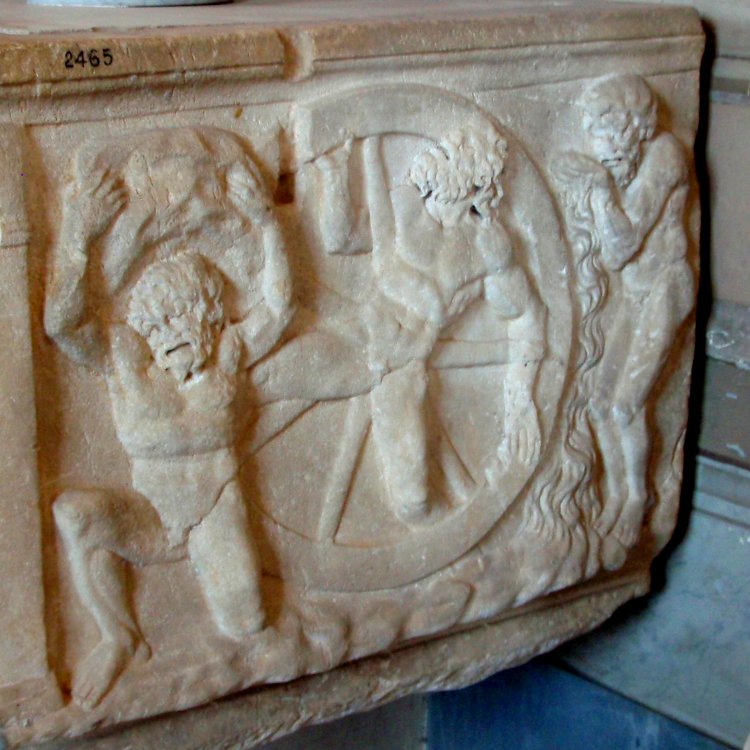- Download:
- MP3 Audio48 MB
This episode we continue with Walter Map’s De nugis curialium and learn that politics really is hell.
Today’s Texts:
-
Map, Walter. De Nugis Curialium. Translated by Montague R. James, historical notes by John Edward Lloyd, edited by E. Sidney Hartland, Cymmrodorion Record Series, no. 9, Honourable Society of Cymmrodorion, 1923.
- Homer. The Odyssey. Translated by A.T. Murray, Harvard University Press, 1919. [at Perseus]
- Anglo-Saxon Riddles of the Exeter Book, translated by Paull Franklin Baum (1963). Available at: https://en.wikisource.org/wiki/Anglo-Saxon_Riddles_of_the_Exeter_Book/59
References:
- Bartlett, Robert. England Under the Norman and Angevin Kings: 1075-1225. Clarendon Press, 2000.
- Brooke, C.N.L. Introduction. De Nugis Curialium: Courtier’s Trifles, by Walter Map, edited and translated by M.R. James, revised by C.N.L. Brooke and R.A.B. Mynors, Clarendon Press, 1983.
- Turner, Ralph V. “The Reputation of Royal Judges under the Angevin Kings.” Albion, vol. 11, no. 4, Winter 1979, pp. 301-316. JSTOR, www.jstor.org/stable/4048542.
- Echard, Siân. “Map’s Metafiction: Author, Narrator and Reader in De nugis curialium.” Exemplaria, vol. 8, no. 2, 1996, pp. 287-314.
Image: Sarcophagus in Vatican Museums featuring images of Sisyphus, Ixion, and Tantalus. Photo by Dan Diffendale (used under Creative Commons BY-NC-SA 2.0)




Hi there, Medieval Death Trip!
I really enjoyed this recent Walter Map excursion. More people need to know about Map. He’s so delightfully offbeat and witty — the perfect raconteur, in fact.
I’m only a amateur medievalist, but some years ago I published a translation of some of Map’s weirder tales — now online here — http://mt-anderson.com/blog/more-gimmicks/mediaeval-ghost-stories/ . It is, as I say in the text, a translation “and arrangement,” because I occasionally meld his original chapters to create narrative unity out of fragments, bringing together several of the different stories of the Herlethingi, for example. (In the section called, “Of Nicolas Pipe, Man of the Sea.”)
Map’s tale of the Herlethingi — and his sudden outburst of despair at the thought of their wandering damnation — really brings home the excellent point you made about the royal court being peripatetic in this period. It’s SO different from the stereotyped vision we have of medieval kings locked up within the walls of their castles — Arthur seated in state in Camelot — sending knights out to do valorous deeds in the Forest Adventurous — kings being a kind of stable geographical epicenter of adventure. Writers like Map (and even Chretien be Troyes, who seeds so many Arthurian cliches) give the real sense of anxiety and chaos that came of a mobile court, trying to stay a few steps ahead of regional insurrection and dynastic violence.
Thanks for talking about Map! I’m looking forward to hearing more from you! I love your taste in the strange, and your sense of what needs a historical gloss.
Yours,
M. T. Anderson
(Sorry — this is the only way I could discover to send this message … Twitter won’t let me …)